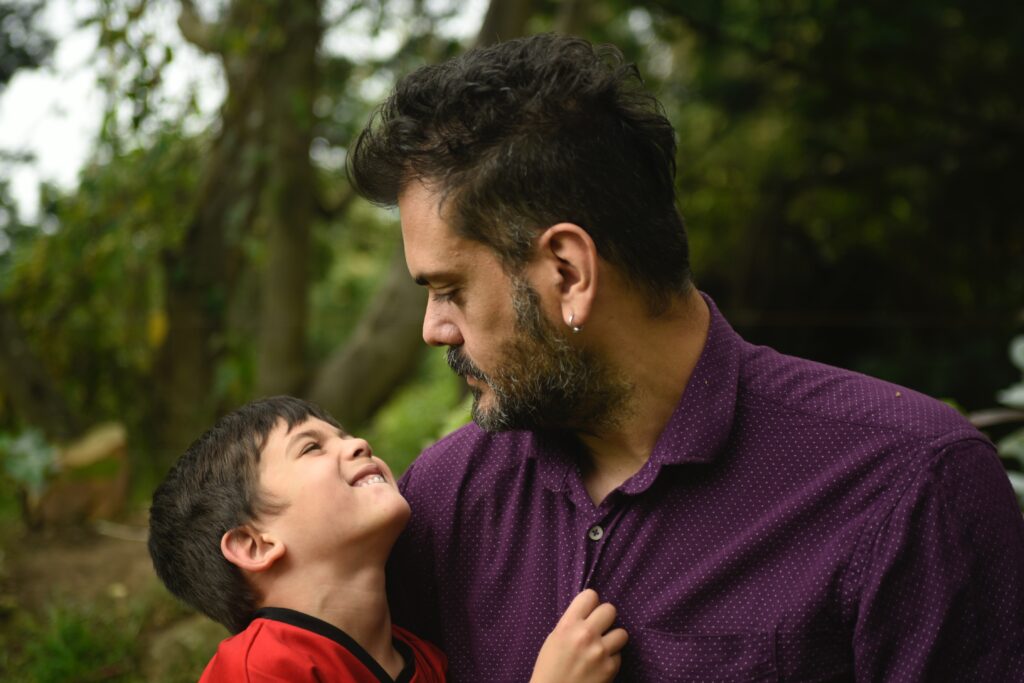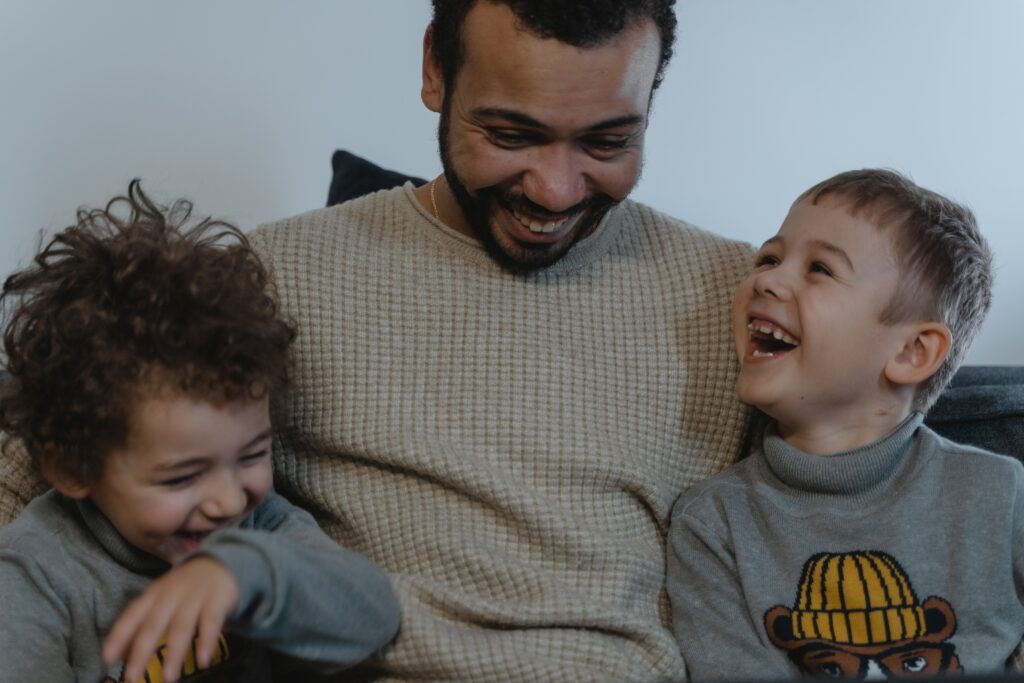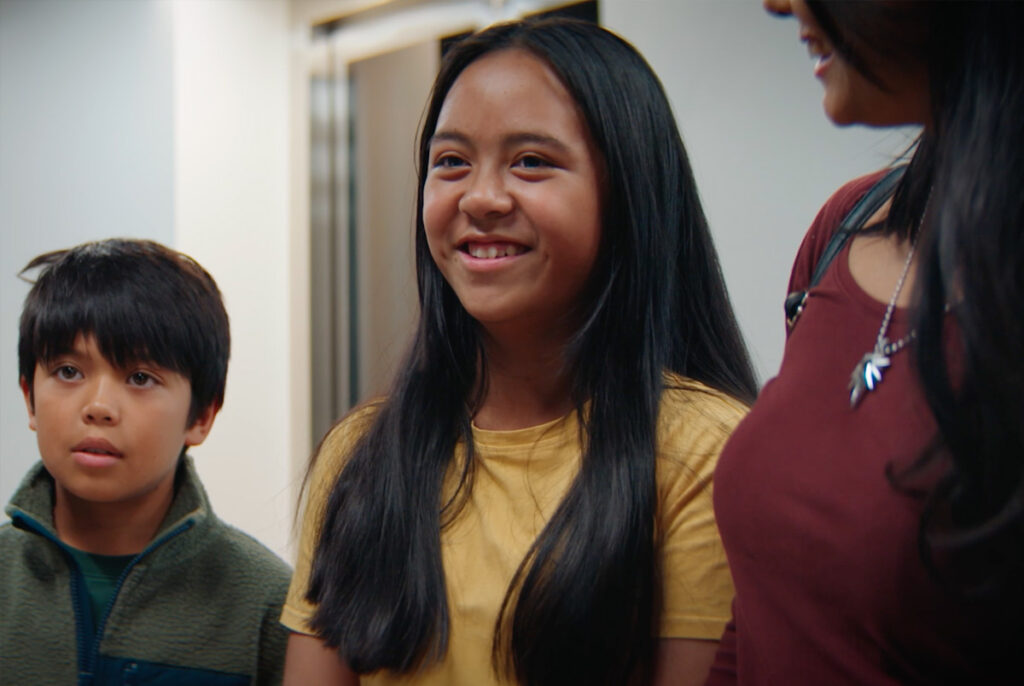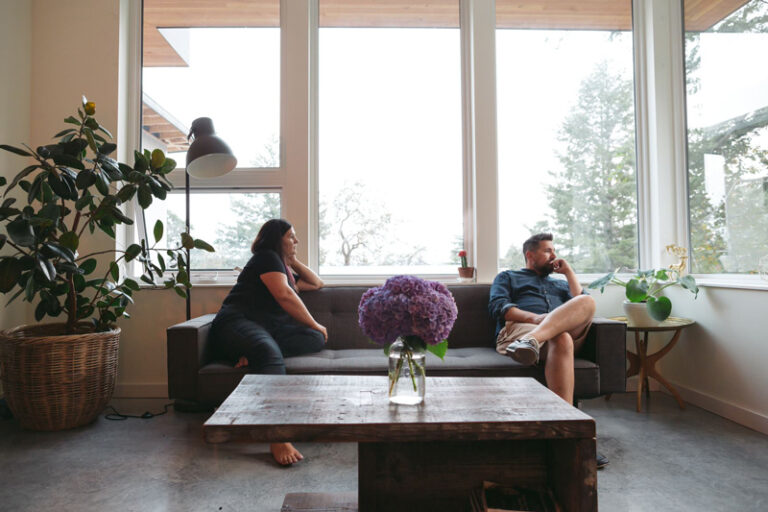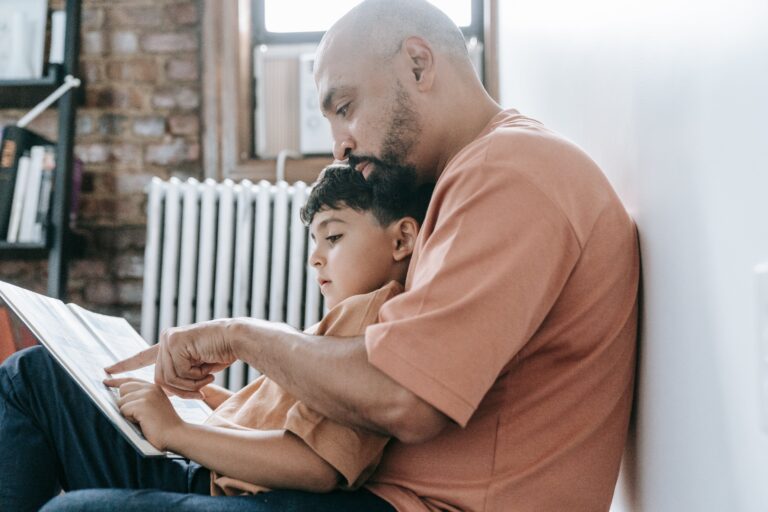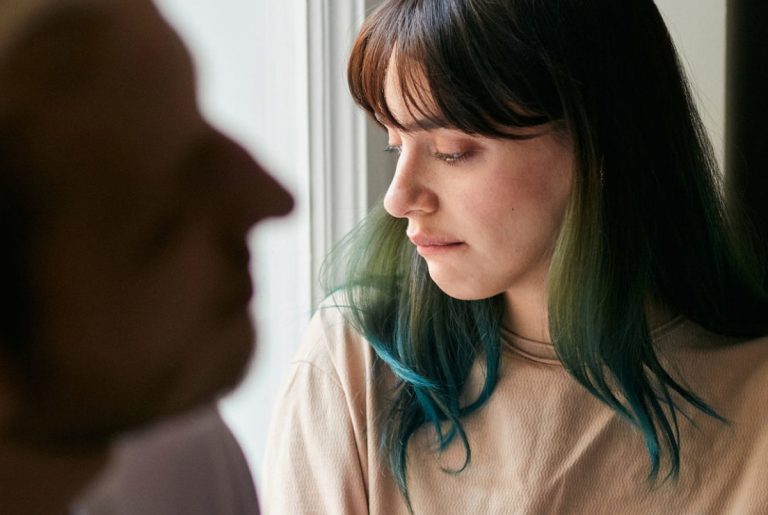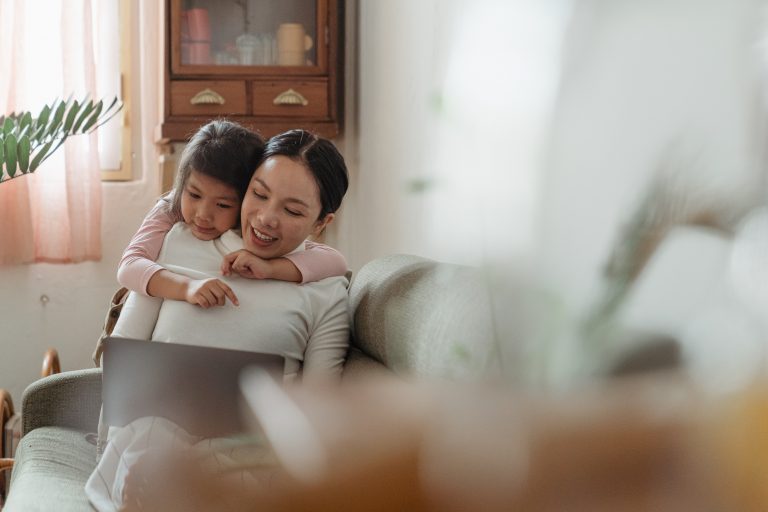What does a Children’s Contact Service (CCS) do?
Children’s Contact Services (CCS) allow children of separated parents to have safe contact with the parent they don’t live with, in circumstances where parents aren’t able to manage their own contact arrangements. Where separated parents are not able to meet without conflict, a CCS also provides a safe, neutral venue for the transfer of children between parents.
Our CCS aims to provide children with the opportunity to re-establish or maintain a meaningful relationship with both parents, and other significant people in their lives. The key goal of CCSs is to help separated families move to self-management of contact arrangements, for both changeover and unsupervised contact where possible, and where it’s considered safe.
We always ensure that we keep children’s best interests central to the contact process.
Where are your Children’s Contact Centres located?
We have Children’s Contact Centres in the following locations:
Blacktown:
Level 2, 2 Warrick Lane,
Blacktown NSW 2148
Penrith:
Level 2, 606 High Street,
Penrith NSW 2750
Central Coast:
Level 1/4 Watt Street
Gosford NSW, Australia
Newcastle:
6 Heddon Road,
Broadmeadow NSW 2292
How much do your Children’s Contact Services cost?
Our services are government subsidised and are generally more affordable than private Children’s Contact Service providers. Our fees are calculated on a sliding scale based on each parent’s household income.
Orientation sessions: Free.
Changeovers: From $10 per changeover.
Supervised visits: $30–$120 per hour, depending on household income.
We understand many families are experiencing financial hardship, and nobody will be turned away due to an inability to pay. Our friendly team are happy to discuss your circumstances during your intake process.
Who can use a Children’s Contact Service?
All separated families are welcome to use our Children’s Contact Service, whether or not they have ever married or lived with their child’s other parent.
You may use this service voluntarily, or parents may be ordered by the family court to use facilitated changeovers, or have supervised visits with their children.
What is a supervised changeover?
In cases where separated parents are unable to meet face-to-face, a Children’s Contact Service worker can facilitate or supervise the transfer of a child from one parent to another, without parents needing to see each other in-person.
What is a supervised visit?
A supervised visit is when a Children’s Contact Service worker oversees a visit between a child and their other parent or another family member. This is also called a Supervised Contact Visit. This can be required in instances where there is a perceived or actual risk to the child – for example, in the case of allegations of family violence. All visits take place in a controlled and secure environment at our Children’s Contact Centres.
Visits should be a safe and comfortable time for the child, and our Centres have a range of toys and activities for children and parents to use. A CCS worker will observe the interaction between a child and his or her parent at all times, and record observation notes about the visits and all other contact with parents.
What should I tell my child about supervised contact visits?
It’s important to use clear and straightforward language when talking to your child about supervised contact visits. Let them know where they’ll be meeting with the other parent or family member and assure them that it’s a safe and welcoming environment. Our staff can also give you more information about talking to your children about the Children’s Contact Service.
Can you provide supervised changeovers or visits in a place of my choosing?
No – for safety and security reasons, we only provide our services within one of our four Children’s Contact Centres at Blacktown, Penrith, Central Coast and Newcastle.
How do I access a Relationships Australia NSW Children’s Contact Centre?
Firstly, we’ll ask each parent to go through a registration process with the Service. This involves an initial conversation over the phone individually with each parent, where we’ll ask you some details. When we’ve spoken to both parents and registered you, you’ll then be placed on a waiting list.
We’ll conduct an intake assessment, which helps determine if we can manage your particular situation. During the assessment phase, each parent will meet separately with a worker from the CCS. After the assessment is completed, our CCS staff will advise you of the outcome.
If your case is assessed as suitable, we’ll give you an indication of when the service can commence. After this, the parent with whom the child lives can bring the child to the centre to meet our staff and see the surroundings. We’ll give a special illustrated children’s booklet to each child to help explain the process.
We’ll also explain the safety rules and the Service Agreement for using the Service, and can also refer you to other services available to assist you.
If your case isn’t unsuitable for the CCS, our staff will discuss other services which may be appropriate for you.
Is there a waitlist to access the Children’s Contact Centre?
Waitlists vary depending on the type of service you’re looking to access, but are generally minimal. Families who need supervised visits generally have a slightly longer wait time than those seeking facilitated changeovers. We always aim to help families as quickly as possible.
What if I have concerns about my safety or the safety of my child?
If you’re worried about your safety or the safety of your child during supervised contact, it’s important to let the staff at the Children’s Contact Service know as soon as possible. We have procedures in place to ensure the safety of all our clients and staff, and can also make referrals to other support services
Will the staff at the Children’s Contact Service remain neutral?
Our staff at the Children’s Contact Service are friendly, professional and impartial, and don’t take sides in any disputes. Our priority is always the well-being and safety of the child.
Does your CCS provide contact reports?
Yes – all visits and interactions are recorded as notes, which can be later subpoenaed by the court.
